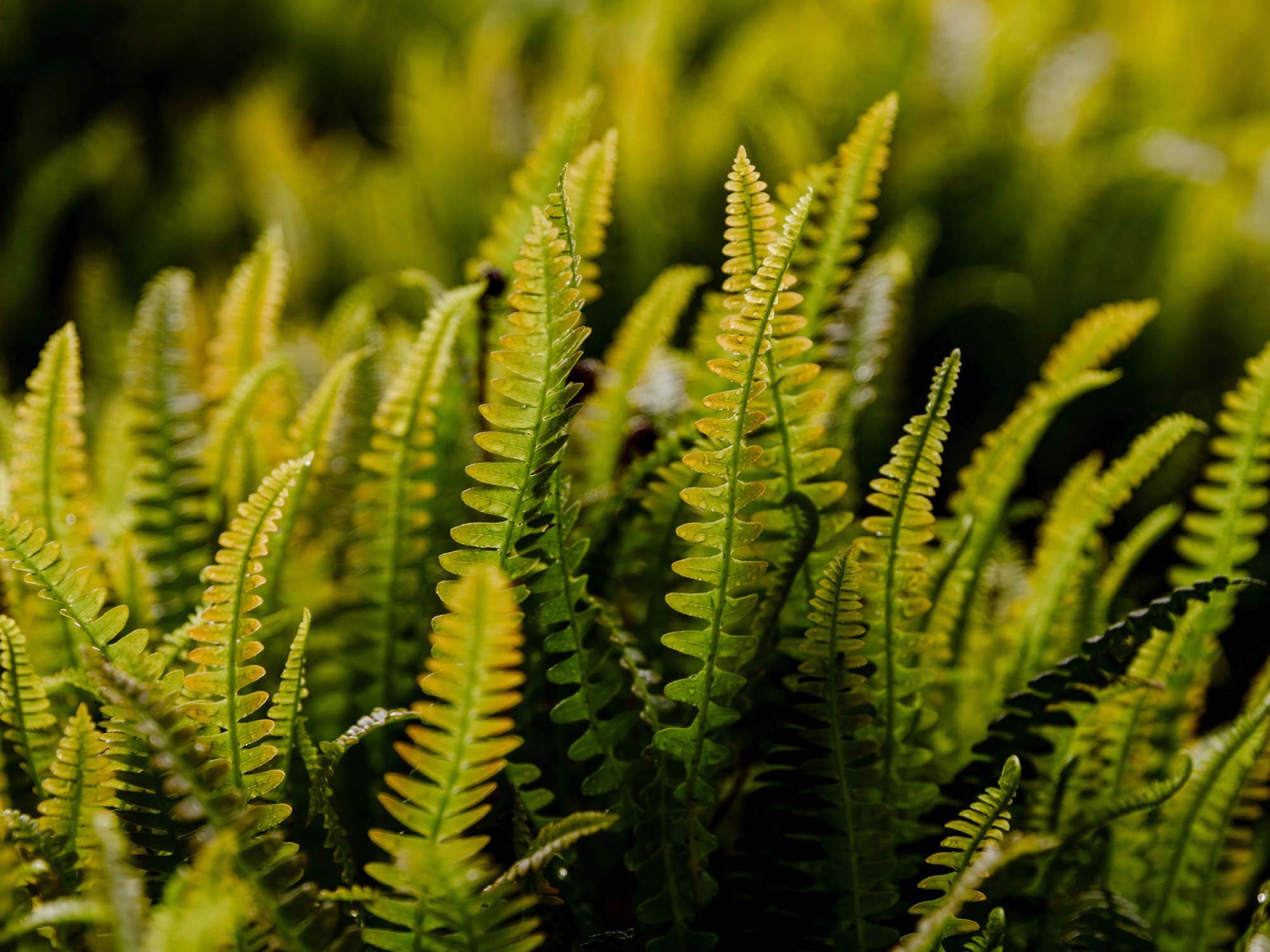The Amazon rainforest, one of the world’s most precious natural habitats, loses thousands of square miles of forest each year. However, that astonishing threat to biodiversity is not alone, it is replicated across the globe, as farming, creeping urbanisation, fire, pollution and climate change all impact on the natural environment.
In fact, the United Nations reports that one million plant and animal species are now at risk, with some 40 per cent of the world’s plants threatened with extinction.
With the natural world battling the twin threats of biodiversity loss and the climate emergency, Chris Packham, renowned broadcaster and conservationist, could be forgiven for feeling pessimistic. Instead, Packham sees room for hope and ways in which the catastrophe facing the planet can still be averted.
In an interview with the ‘Botanics’ magazine, Packham reflects on how organisations such as the Royal Botanic Garden Edinburgh (RBGE) and programmes like Springwatch can inspire people to help save and restore our natural world.
He explains: “Programmes on television seek to inspire people to develop an affinity with nature, but the Garden provides a more first-hand, direct experience.
“It welcomes people to look at an enormously rich and diverse repository of life from all over the world. So, visitors don’t just see it on a flat screen, they get to feel it, hear it, smell it, touch it, which can be far more engaging. But the overall purpose is the same – to inspire people and show them the value of life.”
Packham’s aim is to help viewers develop a love of, and affinity with, nature - the crucial first step in empowering people to seek change. Gardens and window boxes, no matter how small, can become places where nature comes first, promoting biodiversity on our own doorsteps.
He adds: “What can we do? Lots! If you are lucky enough to have one, leave some space in your garden purely for nature. Let those nettles and grasses thrive, our butterfly and moth population will thank you for it. Walls and fences fragment habitats so create highways between your gardens so that small mammals such as hedgehogs can make their way through.
“Don’t use pesticides – these chemicals are poisoning the world, please leave them out of your garden. Feed the birds and put up nest boxes. Use peat free compost or better still make your own and plant wildflowers to provide nectar, fuel for all those essential insects.”
The ‘Botanics’ magazine is published three times a year and is free to RBGE Members. Learn more about becoming a Member and supporting the crucial work of the Garden.

